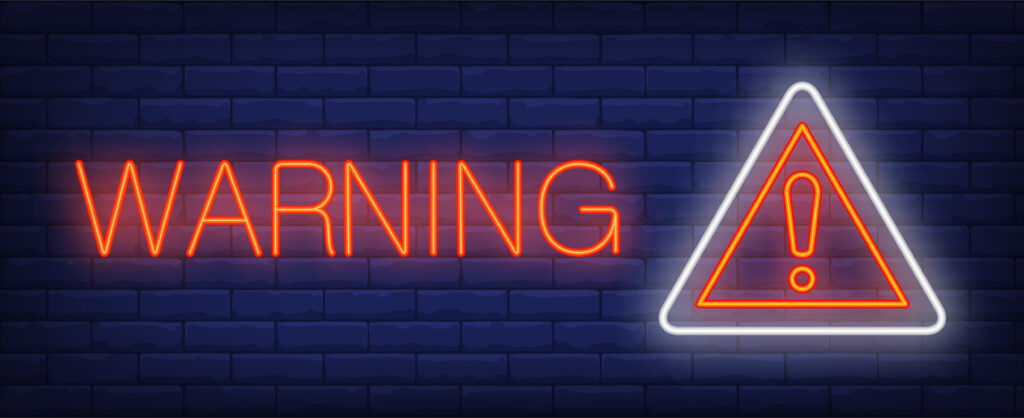
There are dozens of articles about the telltale signs of bad dominants in BDSM dynamics, but what about bad submissives? What red flags should doms look for in potential subs, and what behaviors should subs avoid? Here are the top 5 signs of bad submissives that doms should be aware of.
1. No Limits
This is one of the biggest and most common issues with bad submissives. On the surface, it may seem like a sub who claims to have no limits is up for anything, but really it indicates that the sub has thought very little about what they want or don’t want in a BDSM scene. Even the edgiest of edge players have limits. Broken limbs? Severed fingers? Necrophilia? Probably all hard limits. Although subs who say they have no limits may think they’re giving a dom what they want, any dom who can be trusted would never take this declaration seriously and likely wouldn’t play with such a sub at all. Rather than expanding the possibilities of a scene, “no limits” restricts what can happen because the dom lacks a clear idea of what the parameters are.
2. Poor or Dishonest Communication Skills
Doms rely on subs’ ability to communicate their likes, dislikes, limits, and more. Without this information, doms have very little to go on and could end up constructing a less than ideal, or even dangerous, scene. Some examples of poor or dishonest communication on the part of a sub include refusing to safeword even when necessary, failing to indicate a key component of their behavior during a scene (for instance, going nonverbal while in subspace), or not disclosing relevant health information that impacts the scene (heart condition, shoulder injury, etc.). Communication is key, not only for an enjoyable scene, but to ensure that the dom doesn’t accidentally injure the sub due to lack of information.
3. Unrealistic Expectations of Doms
First and foremost, doms are human. To expect them to be sadistic automatons who are devoid of emotions or other life priorities aside from domming is unrealistic and dehumanizing. Just like subs, doms have limits, boundaries, and aftercare needs that should be respected. If a dom isn’t in the mood to orchestrate a scene when the sub wants one, the sub needs to accept that. Likewise, if a dom is preoccupied with other concerns (job, kids, etc.), the sub should be supportive rather than frustrated. It’s simply not feasible to expect a dom to devote all their time to domming. Even in 24/7 dynamics, it’s not a dom’s responsibility to manage every aspect of a sub’s life or fix all their problems. Subs should be their own people.
4. Unwillingness to Research Kinks and Safety
Perhaps a more subtle sign of bad submissives, this one is related to having unrealistic expectations of doms. Just because doms are generally in charge of scenes doesn’t mean they should have to do all the prep work on their own. Subs should thoroughly familiarize themselves with SSC and RACK and should take it upon themselves to learn about the kinks they want to explore. For example, when Mimsy told Vagabond she was interested in knife play, he was curious as well, but he asked her to research which knives were best. This was a completely reasonable request and something she was happy to do. Not only does active participation from the sub relieve the dom of some of the research and development burden, it ensures that the sub is equally aware of safety protocols and best practices.
5. Emotionally Manipulative or Abusive Behavior
Pressuring or cajoling a dom into engaging in an activity they’ve said they aren’t interested in is manipulative behavior and is another sign of a bad submissive. This can manifest in a few ways. A sub could overtly pressure the dom by whining or complaining, or they could use more subtle tactics. For instance, if a dom has made it clear that they aren’t into choking and the sub responds by attacking the dom’s credibility (“it takes a really serious dom to be into edge play”), this is emotionally manipulative. Brat and “brat tamer” relationships can be especially risky to people on both sides of the slash. Since the dom is likely up for some degree of playful disrespect from the brat (“why don’t you make me”), a malicious sub can use that as an excuse for verbal abuse (“make me do it, bitch”).